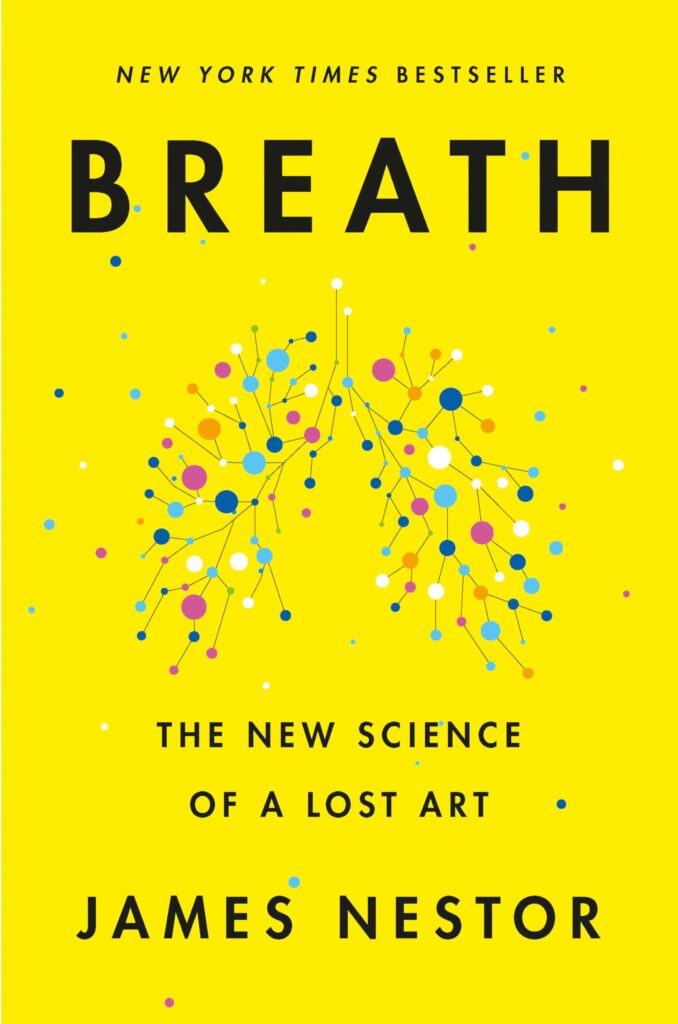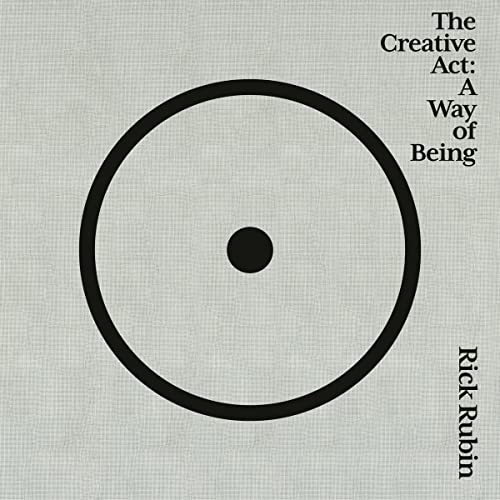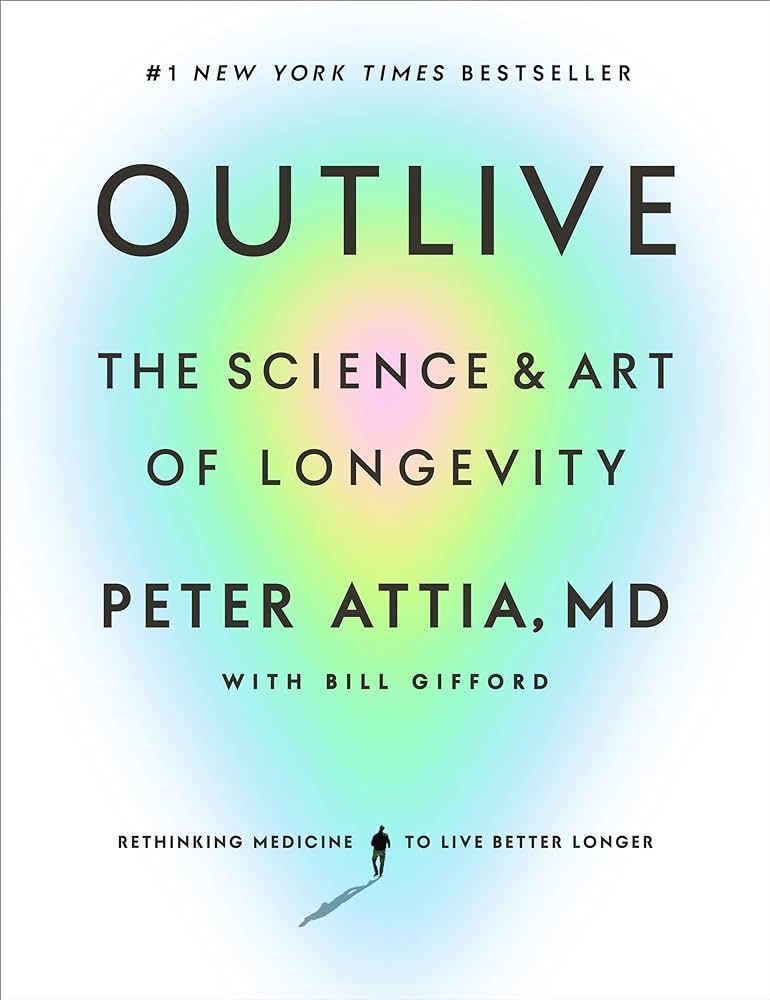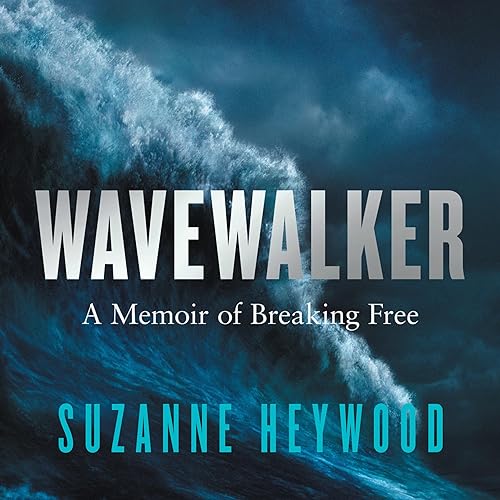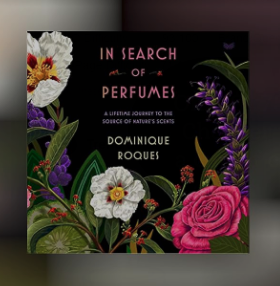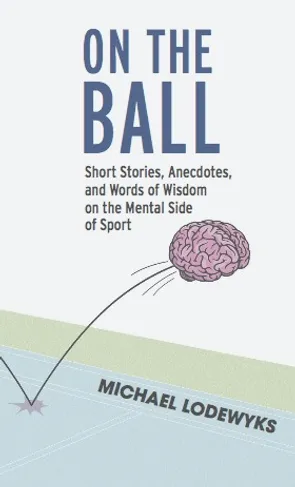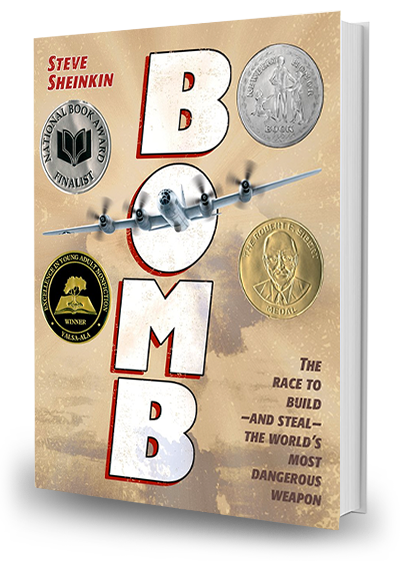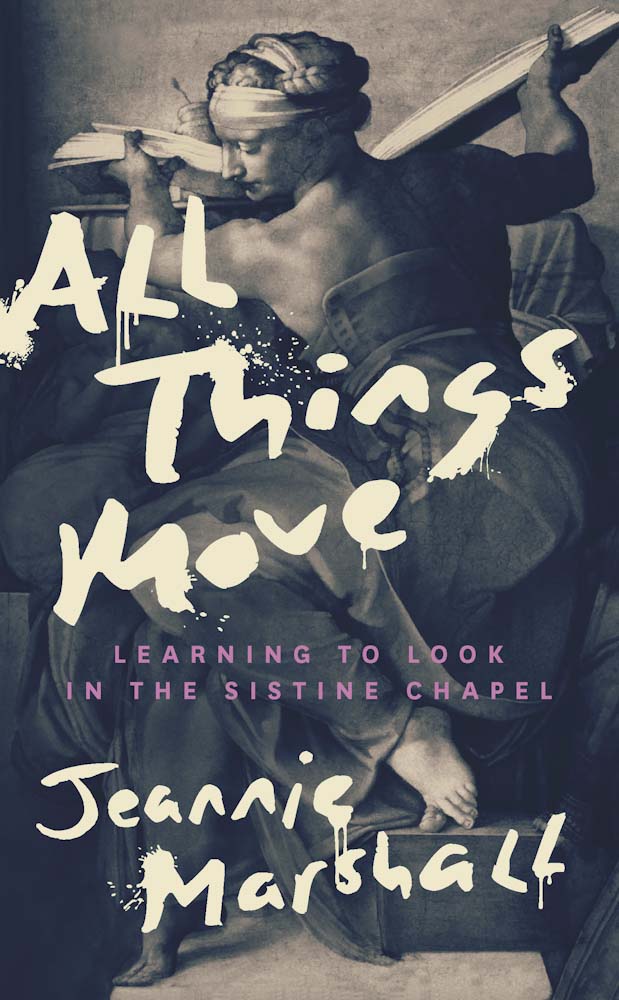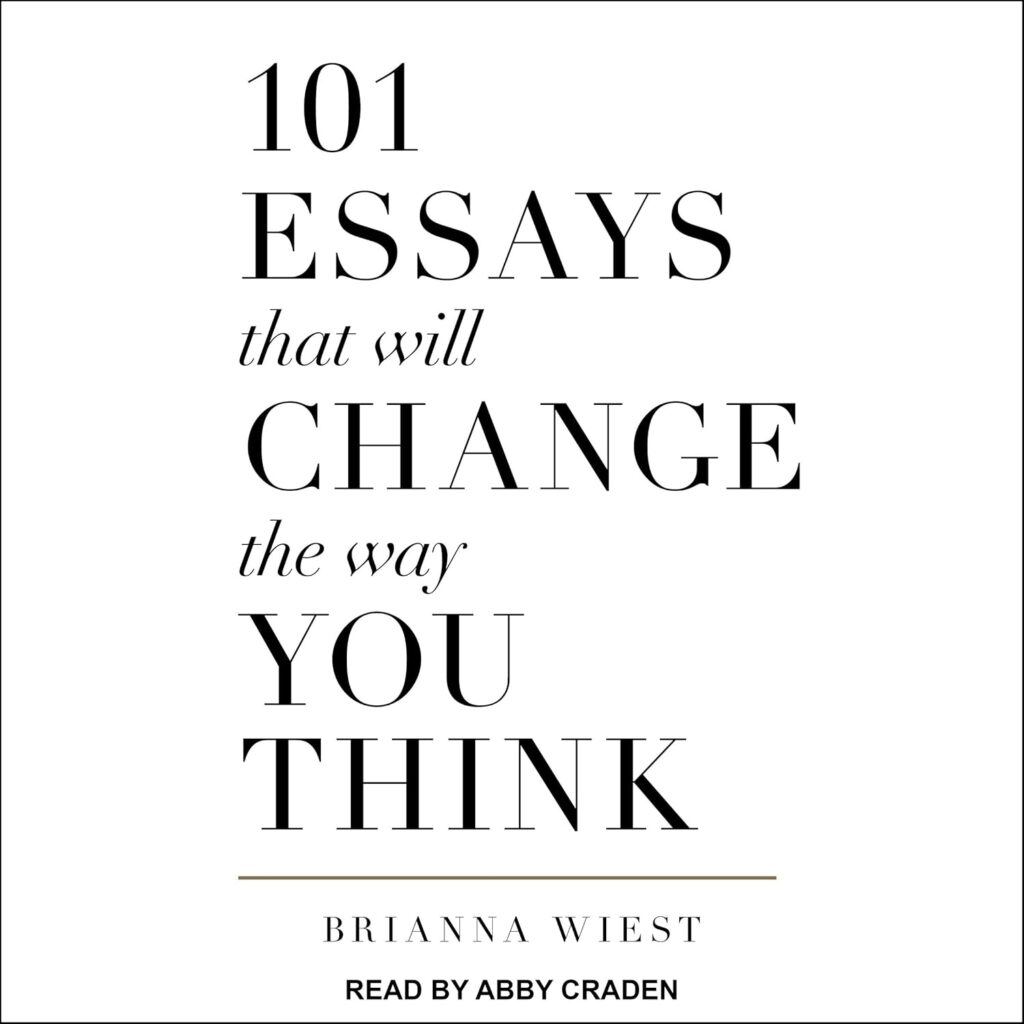
This isn’t your typical front-to-back read. Brianna Wiest’s 101 Essays That Will Change the Way You Think is a curated collection of reflections on purpose, emotion, identity, and intentional living. Each essay offers a sharp, sometimes spiritual, sometimes psychological nudge toward greater self-awareness. While the essays are standalone, a rhythm emerges—one that pulses with practical insight for anyone navigating adulthood, burnout, relationships, or meaning-making.
Published in 2016, this is an oldie but a goodie. I enjoyed all the essays, even the ones not directly applicable to this stage of my life. There are tons of mantras, lists, and thoughtful, grounded, and resilient approaches to common life scenarios. And yes, there is repetition in the essays but, as I mentioned, this is a pick-it-up and flip-it-open anywhere type of read.
Here are a few of the recurring life lessons:
- Understand your emotions, don’t suppress them. Emotions are data, not directives. Learn to hear the lesson the emotion is conveying. And it is good to self-regulate but terrible to suppress. (Watch the Disney film Inside Out.)
- Habits shape your identity. Change comes from what you do every day. Structure actually creates the freedom. (read Leah Goard on time management or Atomic Habits by James Clear)
- Let go of who you should be. A lot of suffering comes from our assumptions or the perceived expectations of others. (check out Mel Robbins and the Let Them Theory)
- Discomfort is a signal, not a stop sign. Growth is not comfortable. Don’t wait for certainty. (be like a hermit crab, get out of a tight space by growing and moving to something bigger than you)
- You are not your thoughts. Cognitive distortions (like catastrophizing or black-and-white thinking) can quietly sabotage your well-being. (Write down your negative thoughts. This separates them from you. It’s quite freeing. Or, give your brain a name and talk to it. “Get it together Nicky.”)
- Relationships are mirrors. What you dislike in others is often what you dislike or fear about yourself. (Judging others? Reflect on your own unresolved stuff. Learn from it. Check out Marcus Aurelius on judging others)
- Stillness is not laziness. A life well lived is not measured by output alone. It’s a chaotic world, leave room for creativity, day-dreaming, and stepping back to see the larger picture. (Read some Stoic philosophy)
- Your perception of reality is created by the focus of your attention. (Stop body scanning for anxiety or pain. Consider the stories you tell yourself about how an event is going or whether you like your job. Practice gratitude, hold on to happiness longer.)
- Boundaries are acts of love. (Check out Dr. Becky on boundaries. They are something you set and maintain, they are about your actions not someone else’s.)
101 Essays That Will Change the Way You Think is best read with a pencil in hand and space to pause. It’s not a book to race through; it’s a resource you return to. There’s repetition, yes, but also reinforcement—and in that, a kind of recalibration. If you’ve ever journaled your way out of a rut, or needed a mental reset without a full life upheaval, Wiest’s collection is a reliable reference for a life well lived.
You’ll like this read if you like Brianna Wiest’s other books (The Mountain Is You), or people like Ryan Holiday (The Obstacle Is the Way), James Clear (Atomic Habits), Mel Robbins (The Let Them Theory), Brené Brown (The Gifts of Imperfection)—all share a focus on personal growth, resilience, and achieving one’s potential, often exploring themes of overcoming challenges, building better habits, and navigating emotional experiences.
